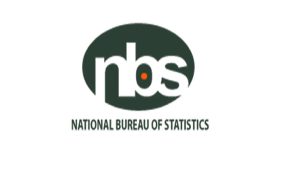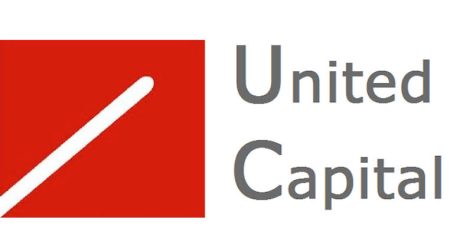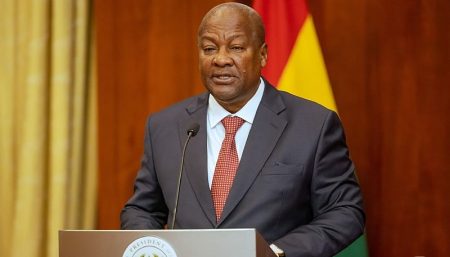The National Petroleum Authority (NPA) of Ghana has reaffirmed its dedication to enhancing safety measures within the petroleum sector, aiming to prevent accidents related to fuel handling. This commitment has been particularly strengthened following the tragic incident of June 3, 2015, which served as a catalyst for significant improvements in the nation’s safety infrastructure. Over the past decade, the NPA has focused on revising guidelines for infrastructure siting, establishing a multi-stakeholder committee involving various industry players, and enforcing stringent minimum safety standards at every petroleum installation across the country. These comprehensive measures aim to create a robust safety net, minimizing the risks associated with fuel handling and storage.
The NPA has also leveraged technological advancements to bolster safety protocols and operational efficiency. The implementation of tools like Automatic Tank Gauging Systems, Electronic Cargo Tracking Systems, and an Integrated Enterprise Relational Data Management System (ERDMS) plays a crucial role in mitigating risks, preventing product diversion, and ensuring the overall integrity of the petroleum supply chain. These technological solutions provide real-time monitoring and data analysis, enabling proactive intervention and minimizing the potential for accidents and illicit activities. This integration of technology signifies the NPA’s proactive approach towards embracing modern solutions for enhanced safety and transparency.
The Authority’s Chief Executive, Mr. Godwin Kudzo Tameklo, emphasized these commitments during his address at the 2025 Safety Week celebration organized by the Chamber of Oil Marketing Companies (COMAC). He highlighted the NPA’s 2025-2028 strategic vision, which prioritizes addressing infrastructure gaps and achieving full compliance with International Organization for Standardization (ISO) standards in quality, environmental management, and occupational health and safety. This strategic direction reflects the NPA’s commitment to international best practices and its dedication to continuous improvement in safety and operational excellence within the petroleum sector.
Mr. Tameklo also stressed the importance of public awareness and responsible behavior around fuel handling. He cautioned against dangerous practices such as siphoning fuel from accident tankers, emphasizing the high risk of fire and potential fatalities. Instead, he urged the public to immediately report such incidents to the fire service, who are equipped to handle the situation safely and prevent explosions. This proactive approach empowers the public to play a vital role in ensuring safety and preventing potential disasters. The emphasis on public education and responsible behavior underscores the NPA’s holistic approach to safety, recognizing that it requires collective effort and awareness.
The NPA Chief Executive also addressed the recent implementation of the GHS 1-per-litre Energy Sector Recovery Levy, approved by Parliament and effective June 16, 2025, following consultations with industry stakeholders. This levy is projected to generate approximately GHS 5.7 billion annually, contributing to the stability and liquidity of the energy sector. While acknowledging the slight increase at the pump, Mr. Tameklo emphasized that the levy is a strategic investment to ensure a stable power supply and uninterrupted petroleum services, benefitting households, businesses, and the overall economy. He positioned the levy as a necessary measure to strengthen the sector’s resilience and maintain affordability for Ghanaians in the long run.
Mr. Tameklo further underscored the collaborative nature of this initiative, highlighting the NPA’s close collaboration with COMAC, COPEC, and other regulatory bodies to ensure the effective utilization of the levy funds. He appealed to petroleum service providers to support this government initiative, emphasizing its importance for sector stability and long-term affordability. This collaborative approach, involving key stakeholders across the petroleum industry, aims to ensure transparency and accountability in the management of the levy and its impact on the sector and consumers. The NPA’s commitment to open communication and collaboration reflects its dedication to building trust and fostering a shared responsibility for the sector’s future.














